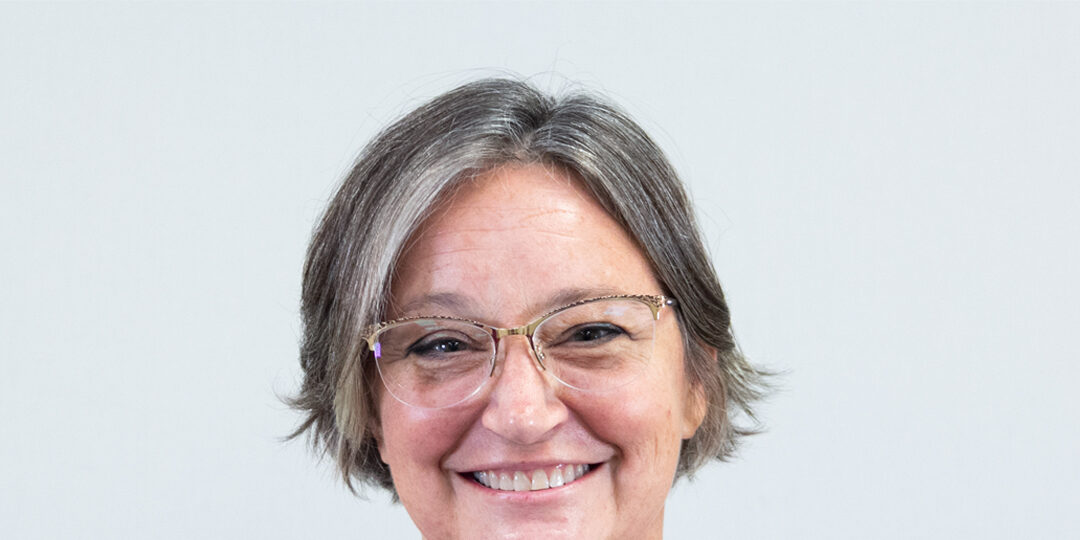Submitted by Tamilyn White
Behavioral Health Therapist
NorthLakes Community Clinic

Any one of us can experience mental illness regardless of our demographic. Our demographics, however, can influence our mental health, our access to quality mental health support services, and the outcomes of mental health treatment.
It is important to note that being a member of a minority population does not cause mental illness. According to the Minority Stress Theory, however, being part of a minority group can create distress due to persistent and prevalent stereotypes, prejudice, bias, harassment, discrimination, and victimization. Ongoing exposure to this kind of disregard provides breeding grounds for mental illness. In other words, racism, sexism, and anti-LGBTQIA2S+ sentiment are mental health issues because they cause trauma.
Like other traumatic experiences, racism, sexism, and anti-LGBTQIA2S+ sentiment trigger the limbic system – the threat detection and self-protection areas in our brains. When a lion charges us, our limbic system kicks on immediately, releasing threatening hormones into our blood. These biochemicals increase our heart rate, quicken our breathing, and sharpen our focus so we can run or fight or freeze. When that lion is no longer a threat, our system returns to a more relaxed state.
If our world is full of aggressive lions that attack randomly and unpredictably, our system is always in a state of alert and readiness for fight/flight/freeze. It never goes back to full relaxation and we develop physical symptoms like hypertension, cardiac disease, and digestive issues. Constant alerts also create psychological symptoms including anxiety, depression, and post-traumatic stress disorder.
For members of minority groups, racism, ethnocentrism, sexism, and homophobia can become like those unpredictable pop-up lions, creating persistent dread that feeds mental health issues.
Although it may be unavoidable, the effects of minority stress on mental health can be moderated. The first step is recognizing how minority stress presents for you personally.
Minority stress can manifest in self-sabotaging thoughts and stress in relationships with others. It can show up in trouble with sleep: sleeping more than 12 hours or less than 4 hours regularly and experiencing nightmares or night terrors. Minority stress can feel like never-ending hopelessness, helplessness, and intense sadness that doesn’t seem to lift. While sadness is a normal human emotion, persistent sadness accompanied by these other factors can indicate clinical depression.
As you become aware of how distress affects you personally, you can start by challenging self-defeating ideas and replacing them with positive, self-affirming thoughts. If this is too hard, enlist the help of someone who sees your goodness until you can see it too. Connect with others to celebrate the beauty of diversity.
Learn to meditate and practice mindful awareness daily. Both work together to calm your limbic system and counteract the negative effects of persistent, traumatic stress.
Eating healthy foods (especially a plant-based diet), drinking enough water, and getting some heart-pounding exercise every day nourishes the body and energizes the brain to counteract traumatic distress.
If you are still stuck, seek support from professionals who value differences. NorthLakes Community Clinic is committed to removing barriers to high-quality mental health care. Our mental health providers can become part of your stress management plan.
If you don’t specifically identify as a member of a minority group, challenge yourself to learn all you can about yourself, your biases, and your privilege. Become an anti-racist.
After all, in the words of the great Audrey Lourde, “It is not our differences that divide us. It is our inability to recognize, accept, and celebrate those differences.”
*****
Tamilyn White, LPC, NCC, is a queer, white, cisgender female. She works as a Behavioral Health Therapist in NorthLakes Community Clinic – Hayward where she sees a diverse group of clients both in the clinic and virtually. Tamilyn is also the chair of NorthLakes’ LGBTQIA2S+ Committee, seeking to assure equitable treatment for patients, clients, and staff throughout the organization.








